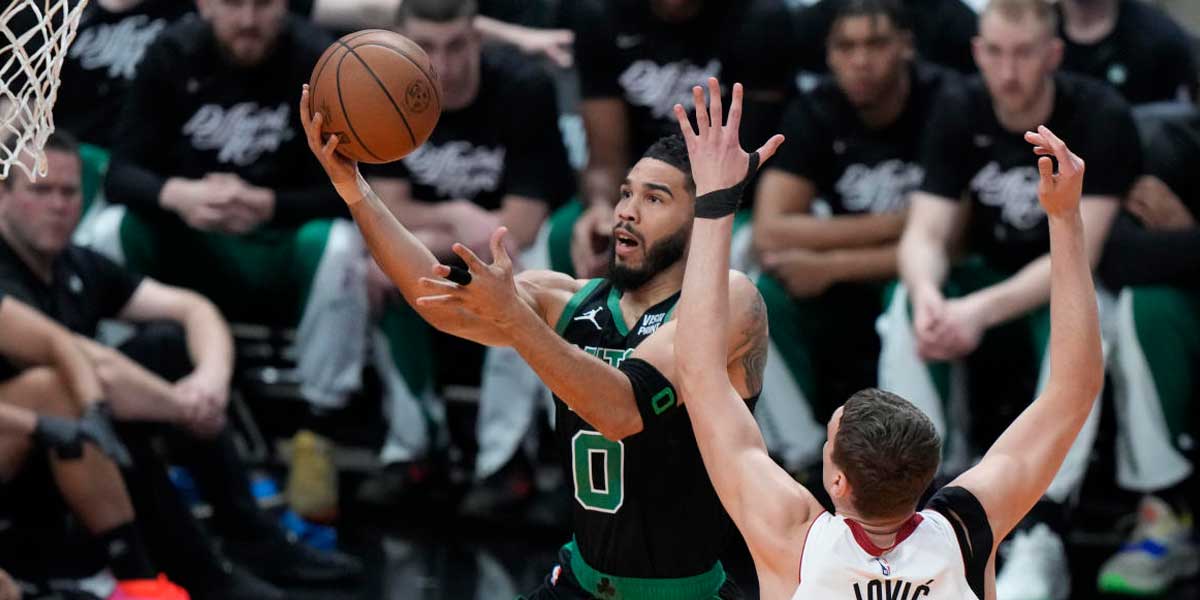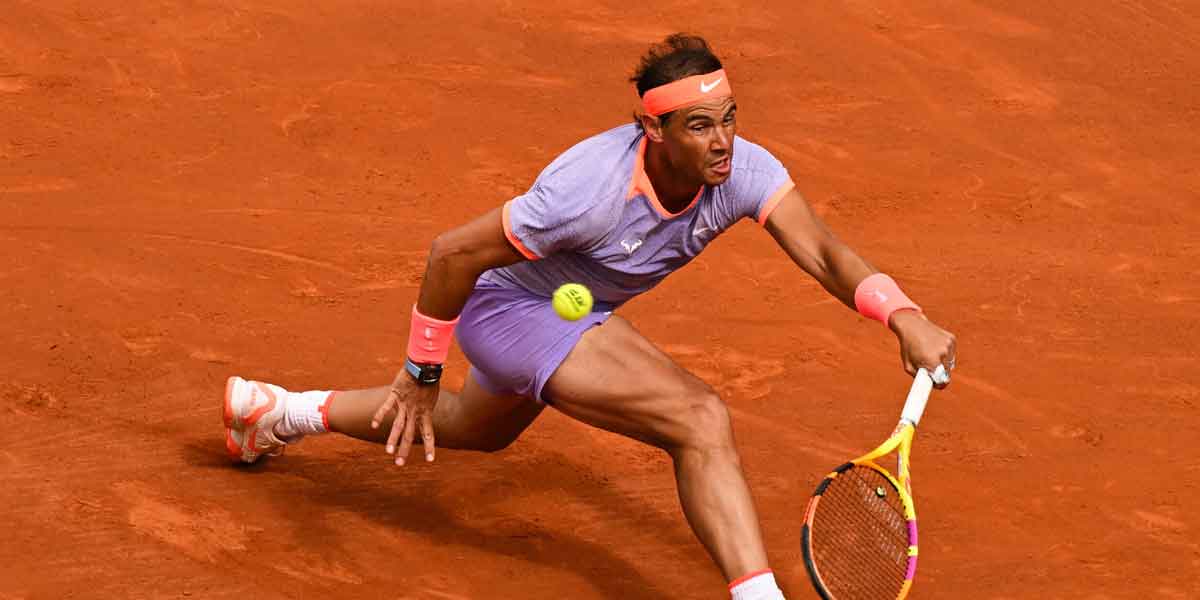By Jose B. Maroma Jr.
Chess is a mind game which teaches valuable lessons similar to those we learn in life. Let me draw some comparisons.
WE NEED TO PLAN AHEAD. In a formal chess game, a player works out a strategy before he starts playing. This he does by knowing his opponent, his playing strength, and playing style. This is called knowing your enemy, or doing your homework. Based on this assessment you develop a game plan. The fixed game plan, however, should stand modifications based on actual fight progress. In boxing, as in other sports, you call these moves “adjustments” after sizing up your opponent in the opening rounds.
TEAMWORK IS IMPORTANT. A chess battle is won not just by the gallantry of a few superior pieces, such as queen and rook, but with the cooperation of the minor ones, bishop and knight, including the lowly pawns. No single piece holds a permanent degree of importance, with relative values depending on the position. In the opening phase of a game, pieces protect the pawns, in the middle game pawns support the pieces in their outposts, in the endgame pawns reign supreme.
PROCEED WITH CAUTION. In the middle of a skirmish, one must temper aggression with prudence. Many “won” games are thrown away by one careless move born of overconfidence or misplaced bravado. Many a player comes to within one move of mating his opponent – only to be shocked by a back rank mate in one. An overly eager Manny Pacquiao was probably seconds, maybe one round, away from victory when he was decked by an already bloodied foe. As a battle commander would say, advance like hell but don’t forget to cover your behind.
DON’T BE GREEDY. Gobbling up pawns for sheer material gain could cost you time and the game. You may win a few battles but lose the war. Focus on the main objective. Look at the bigger picture. “Don’t waste time fighting bush fires. Be proactive, prevent fire before it breaks out.”
BEWARE OF SWINDLES. To those unfamiliar with chess lingo, a “swindle” is a grossly unsound but tricky move of a losing opponent about to resign. If the winning player sees the trick and replies correctly, the would-be swindler resigns forthright. If the complacent winning player, who believes any move will win anyway, nonchalantly ignores the danger, the swindler escapes with a draw, or worse, even wins the game. This is a psychological ploy which is frowned upon by many as unsportsmanlike or ungentlemanly but it leaves a moral lesson – Get the job done completely. As baseball great Yogi Berra said, “it ain’t over till it’s over.”
DON’T LOSE HEART EASILY. If you make an error don’t despair. Remember that your opponent may make mistakes too. Someone said the winner of a chess game is he who commits the second to the last blunder. In the game of life, “success does not consist in never having fallen, but in rising after every fall”.
BE SPARING WITH TIME AND RESOURCES. What distinguishes a master from an amateur is that, when a master sees a forced mate in 4 moves, he will pause to look for a mate in 3. Financial managers call it economy of means; accountants relate it to cost/benefit analysis.
Indeed, playing chess is living life. A perceptive analogy was once offered by the late Flavio Zarago Cano, the Prince of Visayan poets.
One day, while scanning the burial markers and mausoleums inside the Cabatuan Roman Catholic Cemetery, Don Flavio mused aloud, “This place holds the remains of persons from different levels of society – the rich and the poor, the high and the lowly. When they were alive, some personalities stood above the others as distinguished by their titles and possessions. You open the tombs now and the bones all look the same, the stamp of privilege wiped out. This is like a game of chess. When you set up the pieces on the board, different pieces have different ranks and degrees of influence. When the game is finished, however, and the pieces are returned to the box, the different characters mingle in anonymity.”
If you are not a chess plater yet I invite you to come learn and discover the thrill of playing the royal sport – the game of kings and king of games.





















